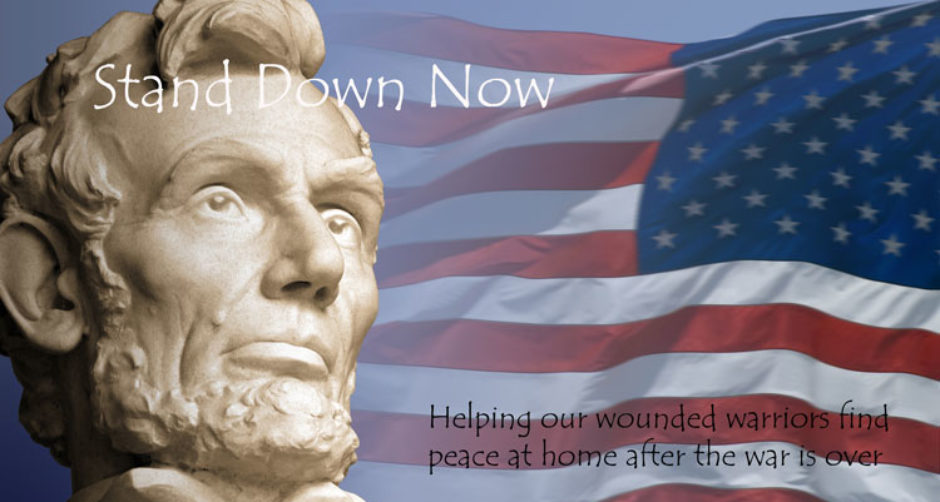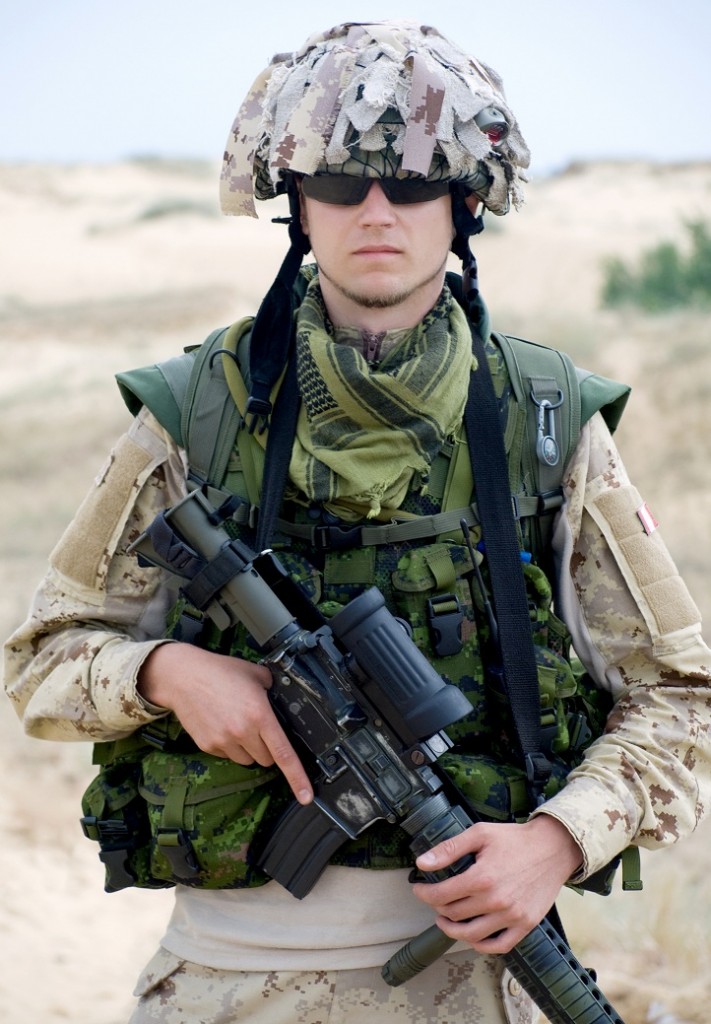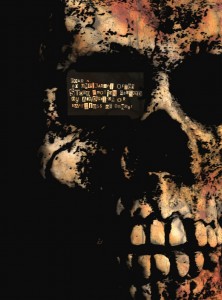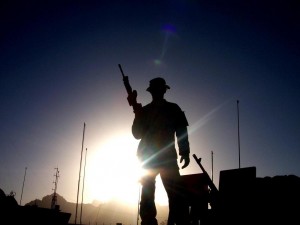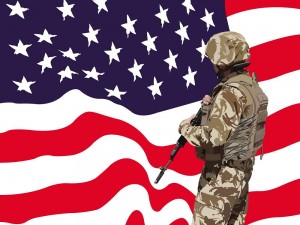During early November, we all remember our Veterans by solemnly remembering their service on Veteran’s Day, and during this day, our veterans are quietly suffering with Shame. The emotion is powerful and exquisitely dangerous, because it is a trickster of mass proportions. This emotion can drive violence, anger, depression, suffering for both Veteran and Family, but hiding underneath resulting negative action. The idea is complex, and for this reason there are many people who do not understand what is a foot, and how to deal with the emotion of the returning Veteran. Without proper medical attention, the results of Shame can impact every single person that the Veteran comes in contact with each day.
Shame is the Underlying Oedipus of Anger
 To understand why Shame is the leading focus of Anger, which rules the emotional edge of most negative experiences by human beings, remember that human beings are emotional creatures, restricted to a process of finding blame, and there are denial of inerrant problems within shame are actually to blame.
To understand why Shame is the leading focus of Anger, which rules the emotional edge of most negative experiences by human beings, remember that human beings are emotional creatures, restricted to a process of finding blame, and there are denial of inerrant problems within shame are actually to blame.
There are a lot of ideas in this sentence!
The Basic idea of shame treatment, will entail looking at symptoms of emotional struggle, and accepting that they are present. Observe and reflect. Become aware. Stop and Listen. When awareness of emotional struggle begins, we can begin steps to try to observe the moment of emotion and accept that struggle. Often, the struggle is not our fault; but a karma of sorts. Sometimes, it is a fault in our stars, or a whim of chance, where we start blaming ourselves for the bad actions we do not accept, and ultimately place all problems within ourselves. We are simply too hard on ourselves, and do not accept that we are not to blame. The key to solving the symptoms of our shame, is to understand simply it is there and that it exists.
Shame leads to Addiction
Sometimes, self soothing techniques that result in addiction are linked to shame, and the blame we place on ourselves underneath our emotional symptoms. Symptoms never need a solution. They are not the problem. The disease is the problem. And, in most addict’s history, shame is the disease. If you repeat that your symptoms of gaining weight, being angry, using drugs, drinking alcohol, shoplifting, gambling, hoarding or collecting, patterning action (OCD), habit devotion, shopping, sports compulsion, or any other kind of incessant activity that takes you away from a full and happy life, you are covering shame.
Shame is the one thing, that will be insistent for your perfection. It will not allow you to make mistakes. It requests your constant need to stay focused on impossible tasks. It will cause you to lose your emotional strength, and lose resolve to your most enjoyable symptoms of soothing. If you find yourself being overwhelmed, allowing yourself to regret, and lose emotional control in life, watch out for the temptation to shop, spend, eat, drink, sleep, lounge, or fire off angry words. You will be the victim of your shame. Shame breaks all your attempts to a full and happy life. It is the one thing, that will not allow you to live as you are hoping to live.
With Veteran’s there is much shame and regret in the past actions of war and warfare. No need to explain, we all want to allow space for our Veteran’s to live, and try to evolve from the stories of loss that they all have live through. Nothing can change what occurred, but there is a way to observe the past, without losing the present.
Vulnerability Whips Shame into Submission
With a quick kick, a small moment of quiet vulnerable admissions, you will squelch Shame into a corner. From there, you can try to find courage, the same courage that led you forward into service, and stop the incessant emotion from eroding your life. You deserve the best in life, as a Veteran. And, with the baggage of war, you have seen more than your share of Shameful activity. You can feel its sticky resolve to ruin you. You know what you did-you may regret it; (you may still need to say that out loud)but that vulnerability will lead you into the cave of love. There is no better effect of dealing with addiction, and hurt. Stop letting shame get away with murder, and plot away at your strength. Be courageous, by showing your vulnerable side. You may not have done it right; you made mistakes. Tell someone. Not everything, but tell someone something. Shame lives and breathes in silence and in secret.
You will not be able to show the innovative, adaptable, creative person that you are once again, if you let shame depend on your silence. Shame cannot live in vulnerability. When you say, I made a mistake, you are being vulnerable. You will be showing Shame, I am not hiding from you. It will not be powerful any longer. Saying you hurt, saying you are afraid, saying you messed up, will leave Shame cowering in the dark. Please try one thing this Veteran’s day; speak out, and say, I am in pain.
